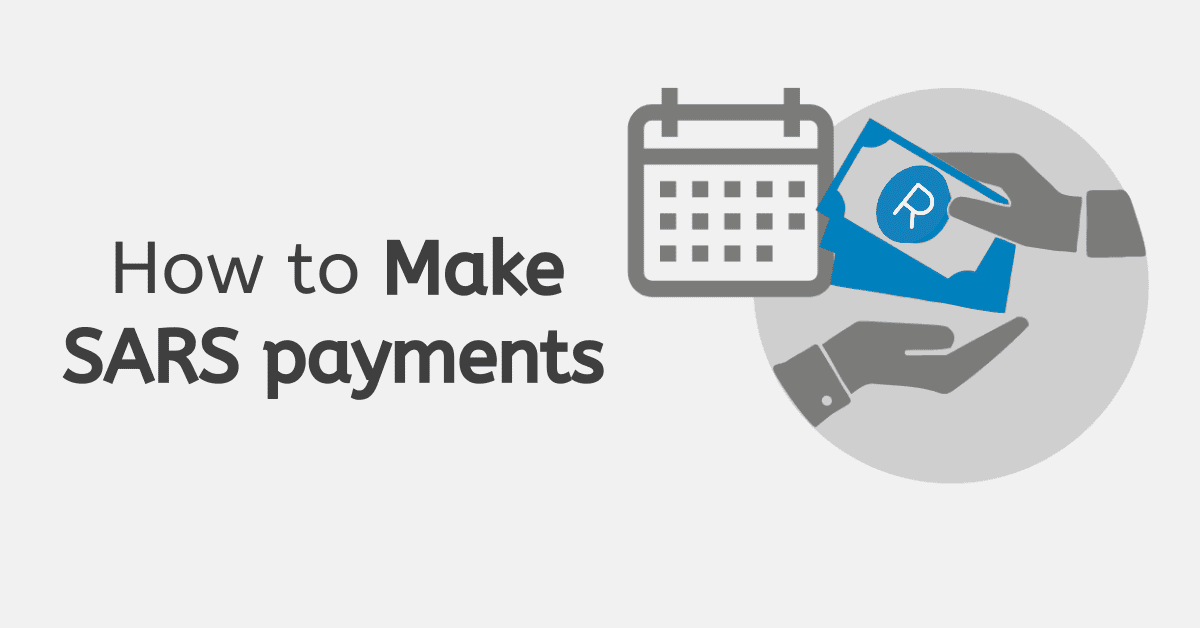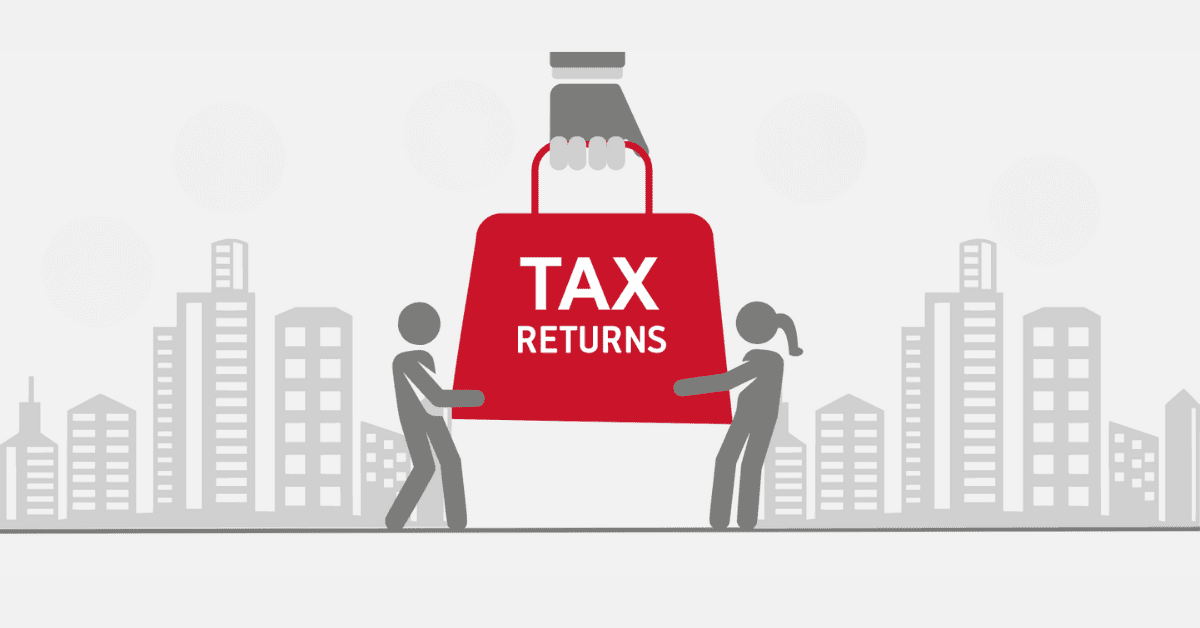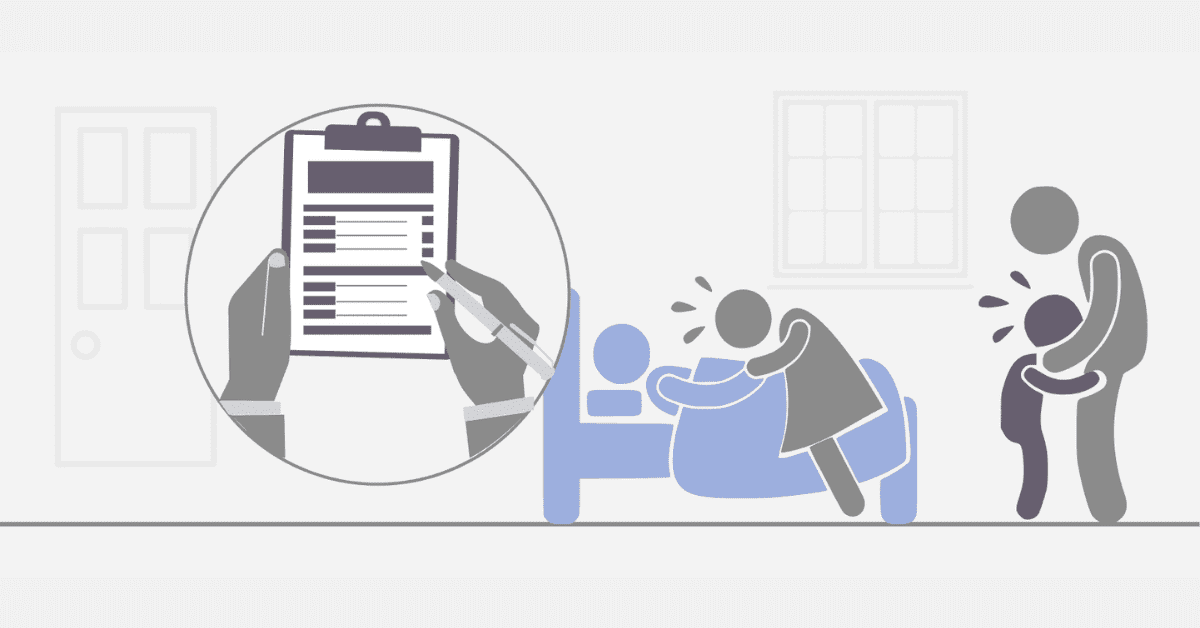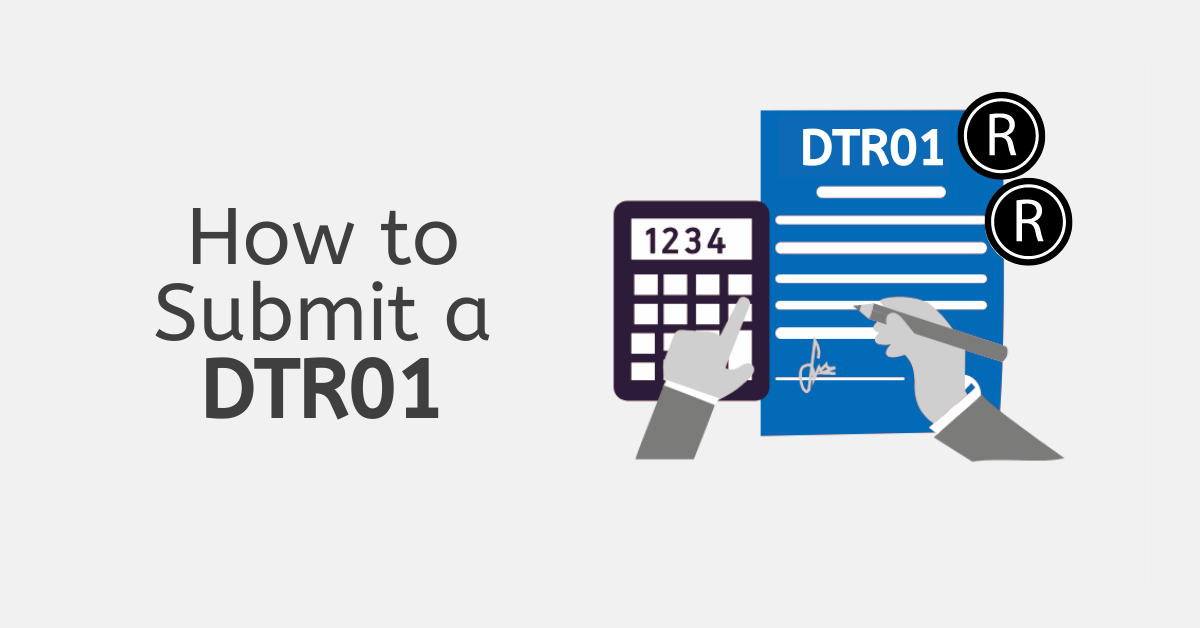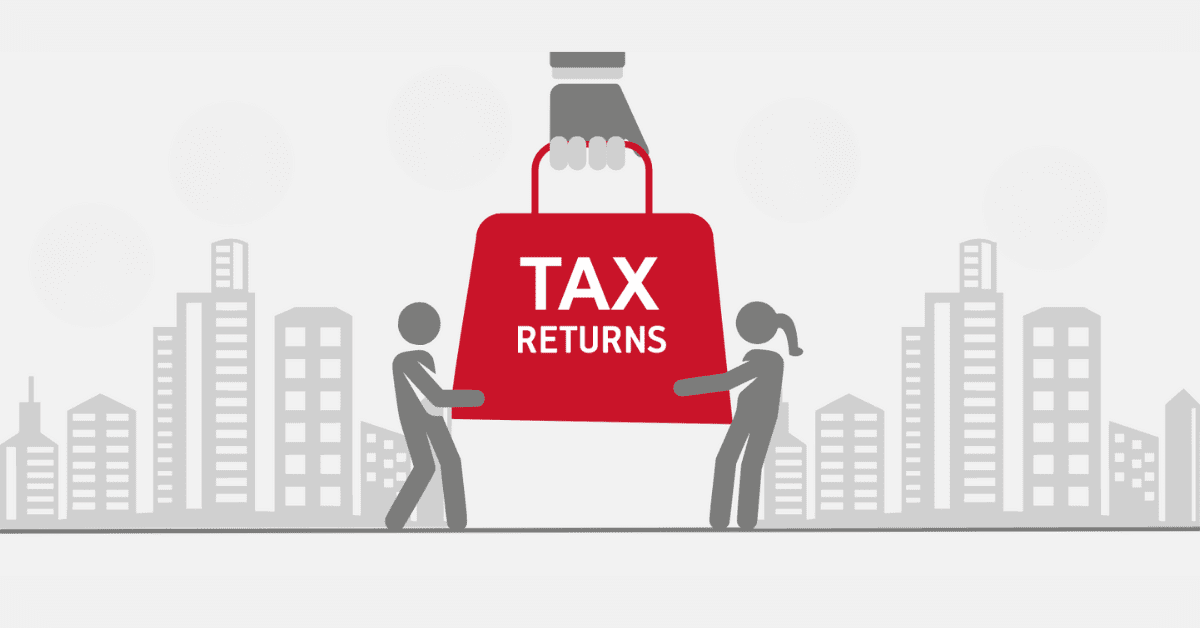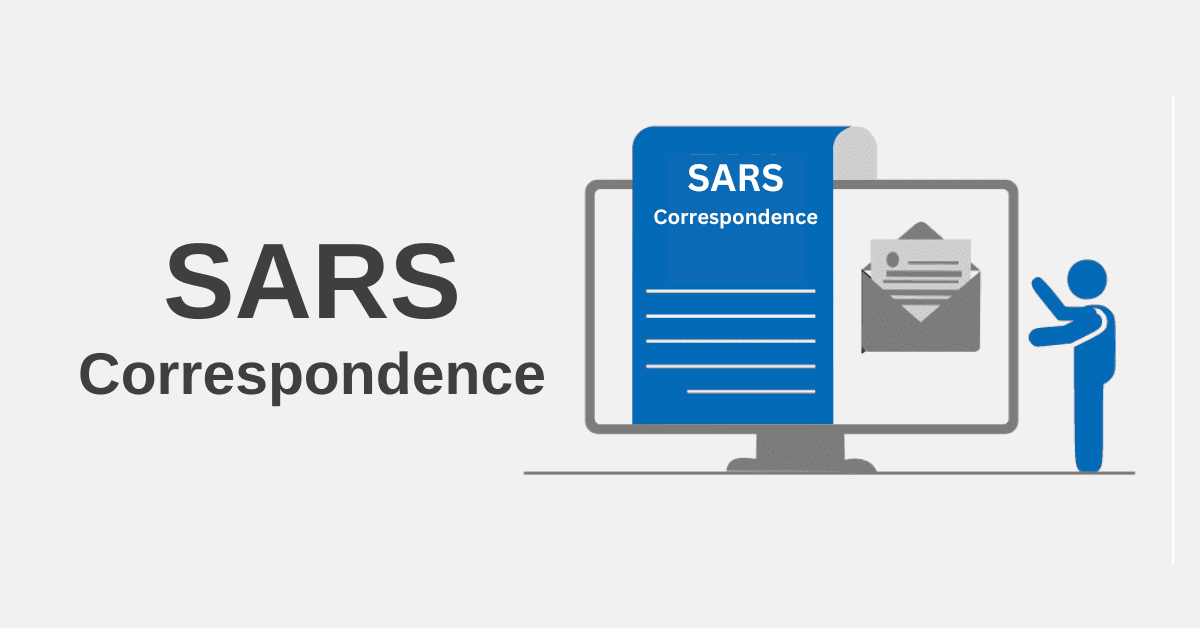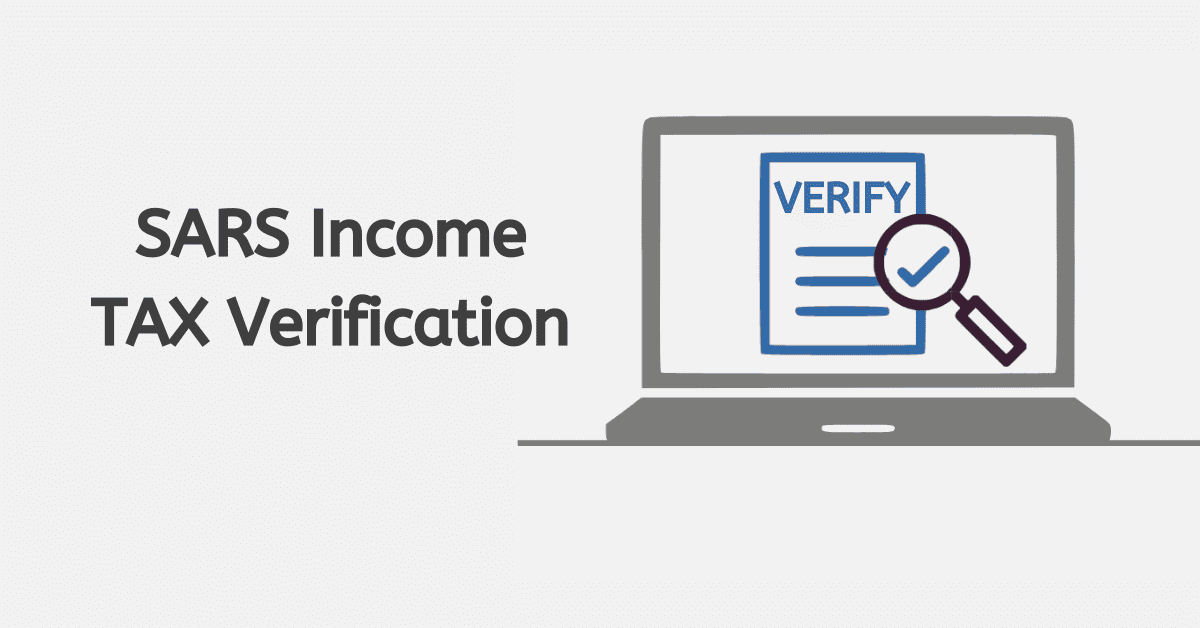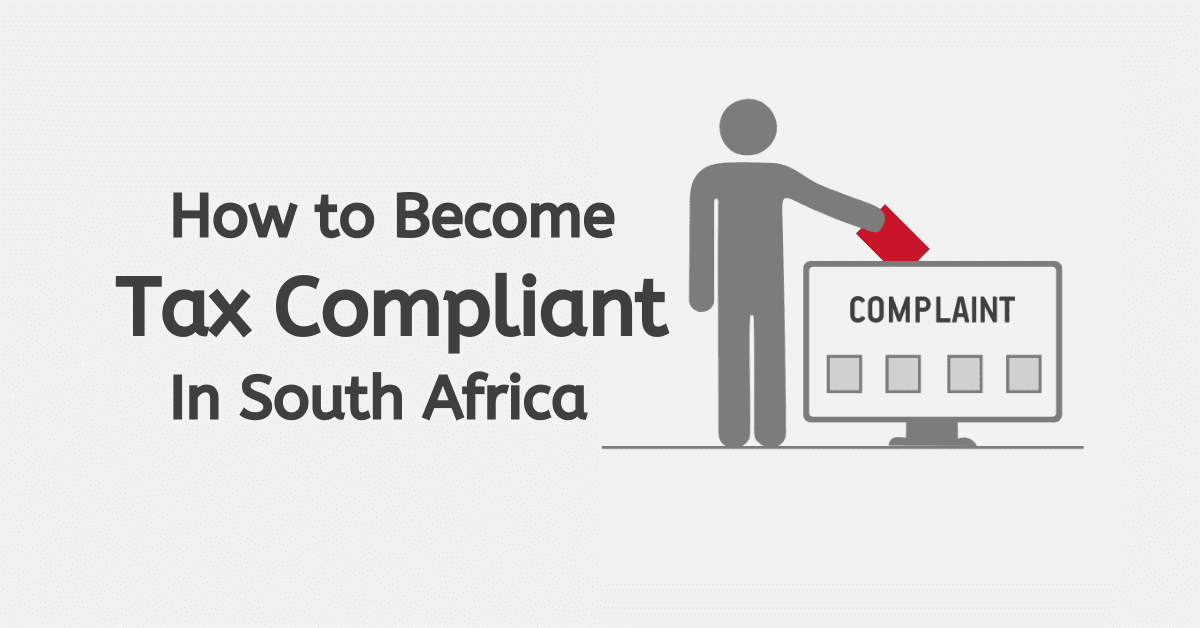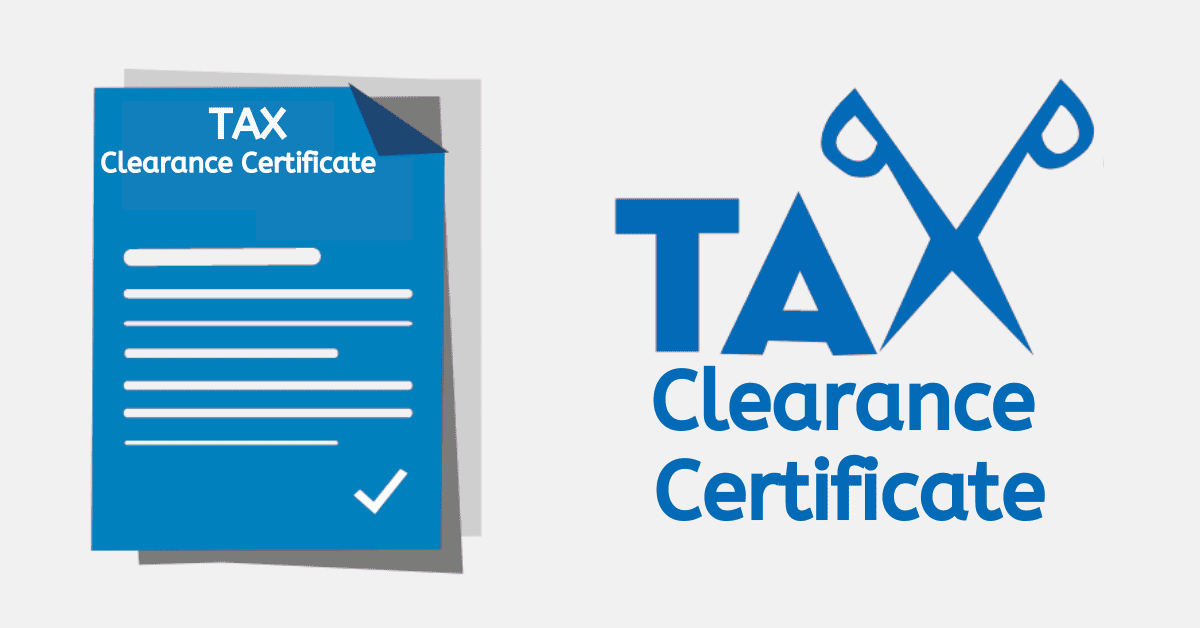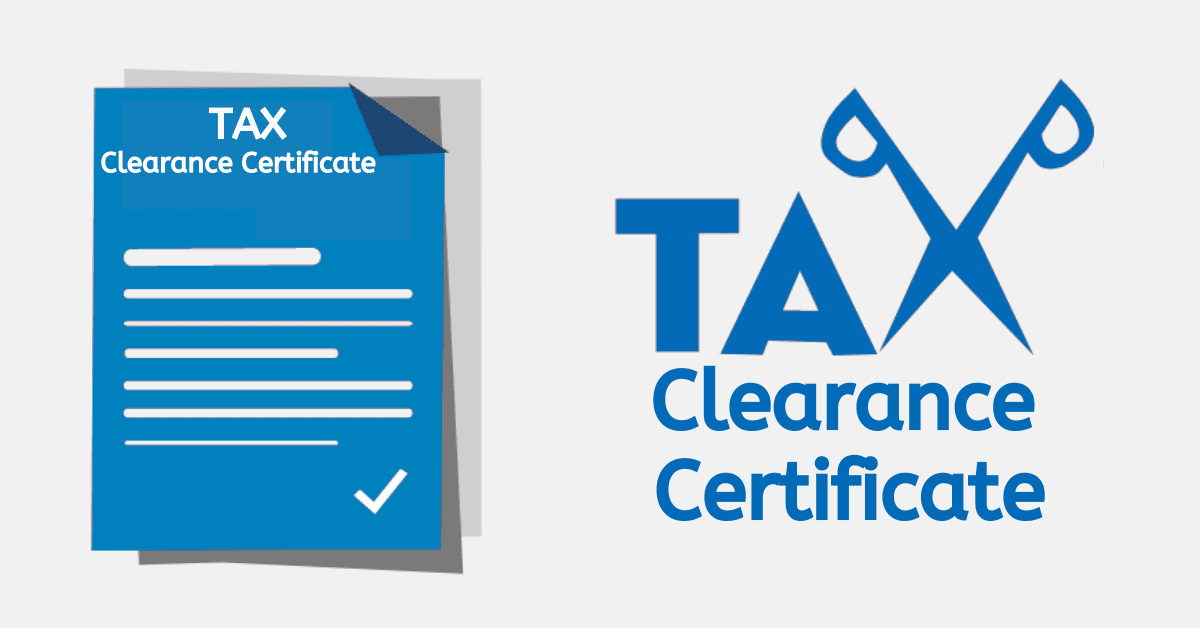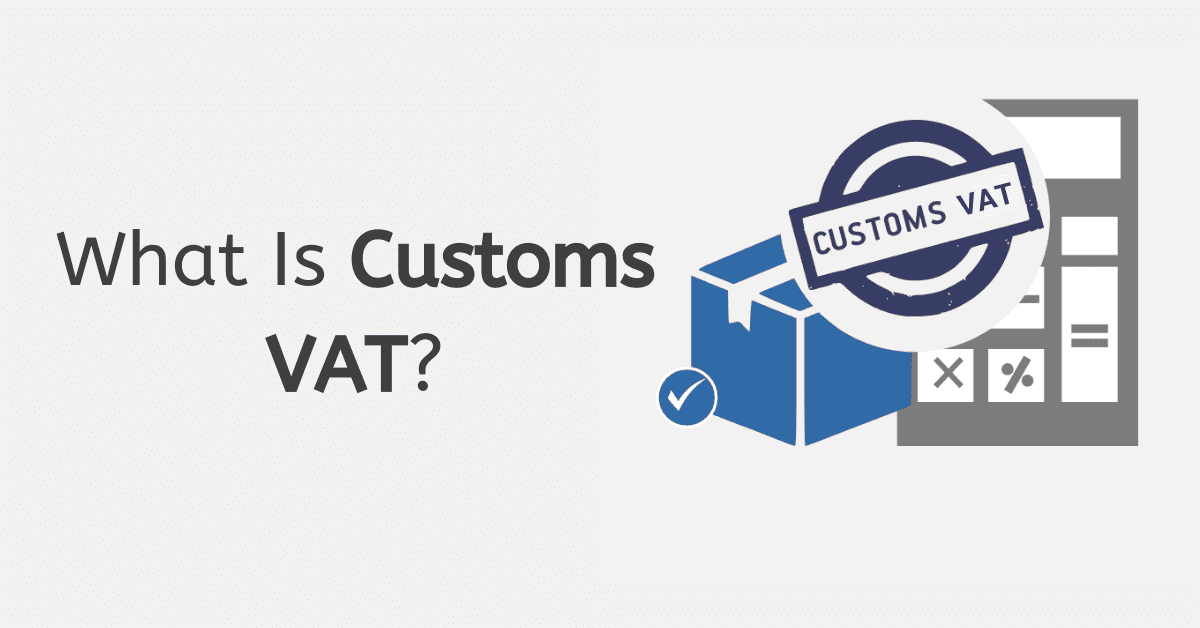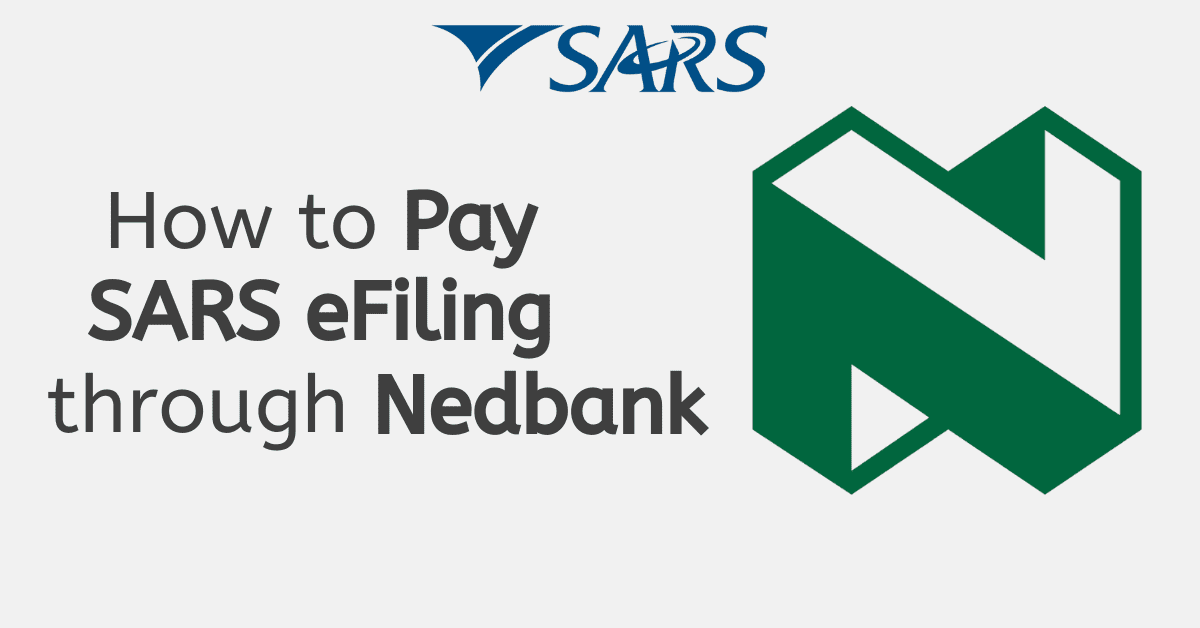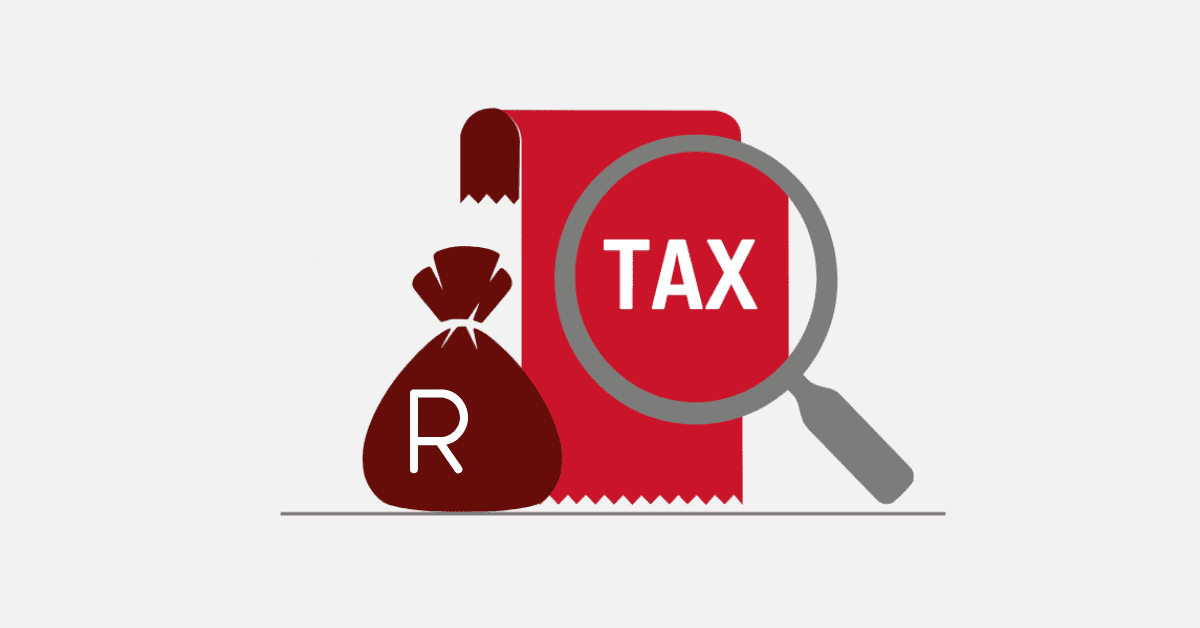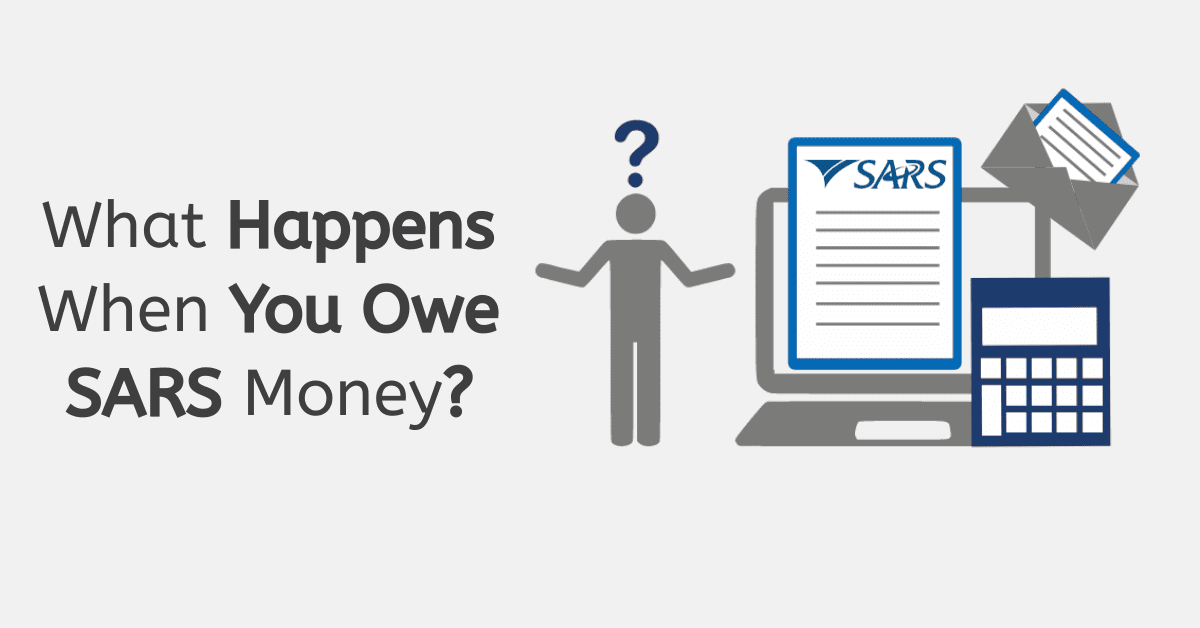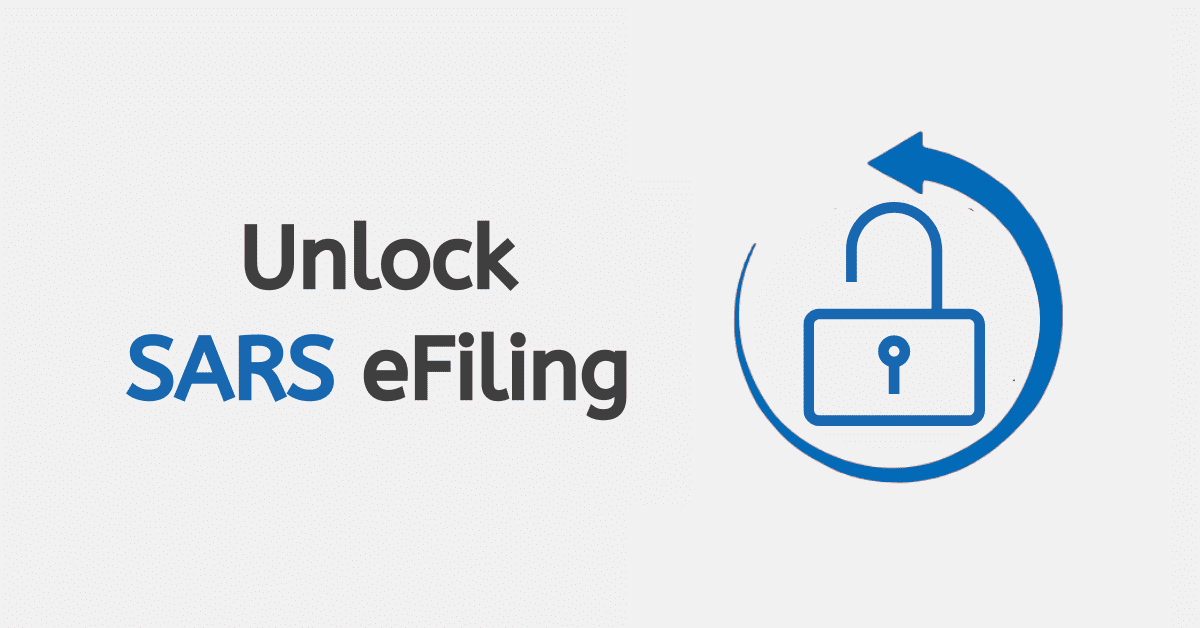All individuals and businesses getting taxable income are liable to pay tax to the South African Revenue Service. Since taxes are the major source of revenue for the government, non-compliance is an offence that can attract different penalties. Read on to learn the consequences of not paying taxes to the government.
What Are the Consequences of Not Paying Tax?
Issues of non-compliance attract a fixed amount of administrative penalty (admin penalty), which is administered under section 210 of the Tax Administration Act (TAA). Offending individuals with more outstanding income tax returns and companies that fail to submit their tax returns first receive a final letter of demand to fulfil their tax obligations. Failure to submit the outstanding returns within 21 business days of receiving the letter will attract a penalty.
The non-compliance administrative penalty levied on a taxpayer for failing to submit their tax return is a fixed amount based on their taxable income. The fixed admin penalty can range from R250 to R16 000 each month if you fail to submit your returns for up to a maximum of 35 months. Each penalty comes with a different transaction number.
Even if you don’t agree with the admin penalty, defiance is not the best option since the outstanding tax returns will continue accumulating. Continued non-compliance will attract a recurring monthly penalty for 35 months, worsening your situation.
If you dispute the admin penalty levied, you should submit a Request for Remission (RFR) to SARS. Make sure you provide the reasons for non-compliance. If your RFR is rejected, you can still appeal the decision, but your outstanding tax return will still stand until the final verdict.
What Is the Minimum Salary to Pay Tax in South Africa?
The minimum taxable income for individuals younger than 65 years is R91 250. The tax threshold for individuals who are 65 years but below 75 years is R141 250. The minimum income to pay tax for people who are above 75 years is R157 900. These figures apply for the current assessment year, which runs from 1 March to 28/9 February of the following year. Income tax rates are subject to change, so you should always have correct information from SARS.
Can SARS Take Money From Your Account?
Yes, SARS has the power to take money from your bank to collect your outstanding debt. The tax collector has been empowered to instruct your bank to allow access to your funds to recover the outstanding funds you owe. In some cases, SARS can even get the money from your account without notifying you.
When the tax year is nearing its end, SARS usually reaches out to the taxpayers’ bank accounts with outstanding taxes to collect money so that it reaches its target budget. The Tax Administration Act allows SARS to notify your employer or the bank that holds your money to release it to cover your outstanding taxes. If the third party fails to comply, this will make them liable for the taxpayer’s debt.
SARS should follow a proper procedure to recover money owed by taxpayers from their bank accounts. The act states that SARS should first send a final demand at least 10 days before proceeding with collecting money from the taxpayer’s bank account. However, in some instances, SARS has collected funds from taxpayers’ accounts without notifying the account holders.
What Happens if You Don’t Pay Tax in South Africa?
Non-compliance with tax laws in South Africa is a punishable offence that can attract different penalties. Never fool yourself and think that you can evade paying your tax for good. SARS always gathers information to identify individuals and businesses that are not tax-compliant.
If you have an outstanding income tax return, SARS will first issue a letter of demand, and you should respond within 21 days before the tax collector takes further steps. If you fail to pay the money you owe, you will be liable for a fixed admin penalty ranging from R250 up to R16 000, depending on your taxable income.
The admin penalty is levied every month for a maximum of 35 months. Each penalty comes with a unique transaction number, and you should know that you will not get away with it. One thing you should know is that the penalty is recurring if you remain non-compliant, and it comes with interest, which will worsen your situation. Even if you disagree with the penalty, you should try to clear the outstanding tax return to reduce the amount you owe.
You can also be prosecuted criminally for non-compliance when it comes to filing your tax returns. If you want to correct your tax affairs but have several outstanding tax returns, you may apply for a voluntary disclosure program (VDP). This will relieve admin penalties, and you will not be prosecuted criminally. However, you will still need to pay the penalty for late filing your tax return.
How Much Money Can I Keep In My Bank Account Without Tax South Africa?
There is a limit to money you can keep in your bank account without paying tax in South Africa. For instance, your annual contribution should not exceed R36 000 during each annual tax period. Additionally, your life contribution should not exceed R500 000. These free-tax investment options are good, especially when you are doing it on behalf of your children who are below 18 years old.
If you earn taxable income in South Africa, it’s mandatory to pay tax to SARS. Failure to file your tax return can lead to consequences such as penalties. Non-compliance is not an option because SARS will recover the money you owe in some way. SARS can take money from your account, so you should put your tax affairs to avoid the consequences that can negatively impact your financial status in the long run.
